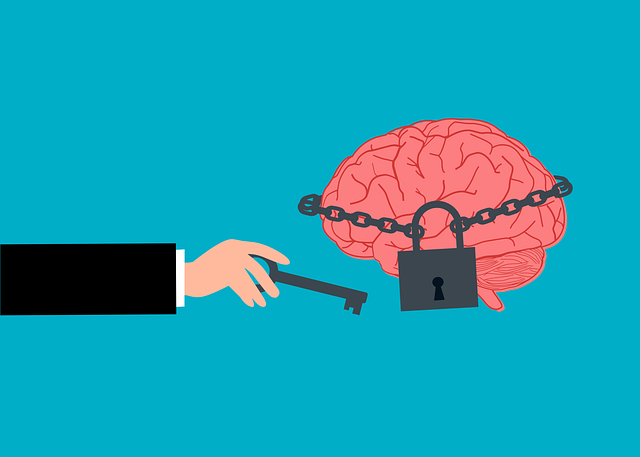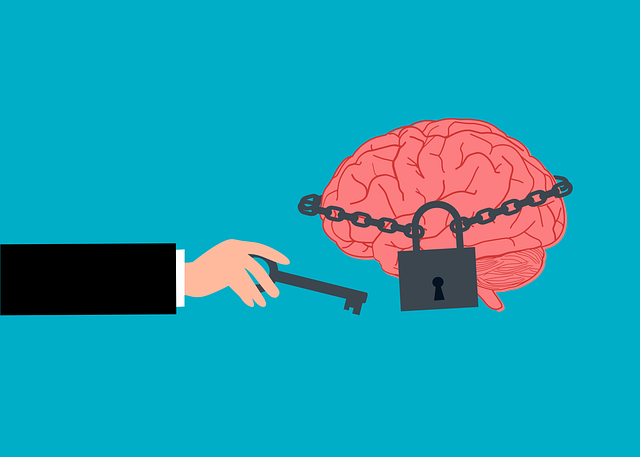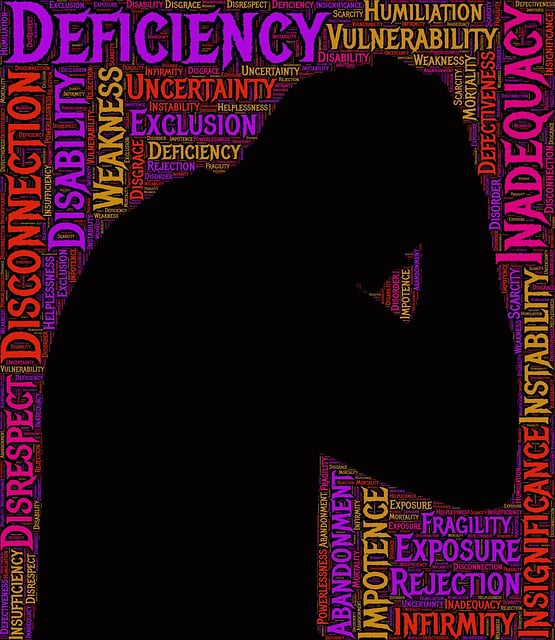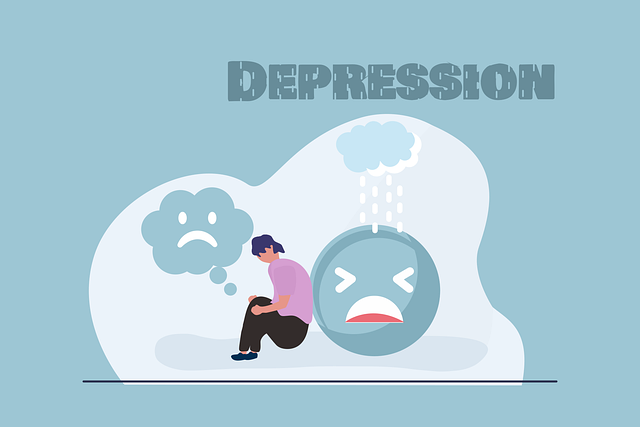Resilience is a powerful tool for navigating life's challenges, and Denver Spanish-speaking therapy practices are at the forefront of promoting this through the RFM (Resources, Fortitude, Mastery) model. This approach focuses on enhancing coping mechanisms, stress management, personal strengths, support systems, and fostering a growth mindset to build resilience. By integrating culturally relevant techniques in Spanish, crisis intervention guidance, and tailored support, therapists empower clients to manage crises effectively and build resilient communities. Denver Spanish speaking therapy initiatives excel through these innovative methods, addressing mental health taboos and promoting emotional well-being among diverse cultural backgrounds.
“Resilience is a powerful tool for navigating life’s challenges, and for communities like those in Denver with significant Spanish-speaking populations, understanding and cultivating this strength is vital. This article explores RFM (Resourceful Fighting Mind), an innovative approach to resilience building. We delve into its effectiveness, particularly within the context of Denver’s diverse communities, and provide practical strategies for therapists integrating RFM techniques into sessions. Empowering individuals to overcome adversity, RFM offers a promising path towards mental well-being in Spanish-speaking therapy settings.”
- Understanding RFM and Its Role in Resilience Building
- The Impact of Resilience Exercises on Spanish-Speaking Communities in Denver
- Practical Strategies for Integrating RFM into Therapy Sessions
Understanding RFM and Its Role in Resilience Building

Resilience is a key factor in navigating life’s challenges, and RFM (Resources, Fortitude, and Mastery) model offers a powerful framework for building this crucial skill. This therapeutic approach, often utilized in Denver Spanish speaking therapy practices, focuses on enhancing individuals’ ability to cope with stress and adversity. By identifying and cultivating resources, fostering inner strength, and promoting a sense of mastery over one’s life, RFM exercises empower people to build resilience.
The model encourages clients to recognize their personal strengths and available support systems (Resources), develop strategies to navigate difficult situations (Fortitude), and cultivate a growth mindset that promotes continuous learning and self-improvement (Mastery). This holistic approach to stress reduction methods and emotional well-being promotion techniques has proven effective in helping individuals lead more fulfilling lives, even in the face of adversity.
The Impact of Resilience Exercises on Spanish-Speaking Communities in Denver

In Denver, Spanish-speaking communities have shown a growing interest in resilience-building exercises, driven partly by the city’s diverse demographic makeup and the increasing recognition of mental health as a fundamental aspect of overall well-being. These exercises, often integrated into therapy sessions, offer a unique approach to addressing emotional challenges within these communities. The impact is profound, creating safe spaces for individuals to confront and manage stress, anxiety, and trauma, issues that are not always easily discussed or acknowledged in cultures where stigma around mental health persists.
Denver Spanish-speaking therapy programs have been instrumental in introducing crisis intervention guidance tailored to the specific needs and cultural nuances of their clientele. Through public awareness campaigns development and innovative Stress Reduction Methods, these initiatives foster a sense of empowerment and resilience among participants. By providing tools for emotional regulation and coping mechanisms, these exercises not only strengthen individuals’ ability to navigate crises but also contribute to building stronger, more resilient communities overall.
Practical Strategies for Integrating RFM into Therapy Sessions

Integrating RFM (Resilience, Flexibility, and Mastery) into therapy sessions offers a powerful approach for enhancing Denver Spanish speaking therapy effectiveness. Therapists can begin by teaching clients practical coping skills tailored to their cultural backgrounds and language preferences. For instance, incorporating mental wellness journaling exercises in Spanish can encourage reflection and foster self-awareness among Latino populations. This strategy not only improves communication but also provides a safe space for them to express emotions and track progress.
Moreover, crisis intervention guidance is crucial when integrating RFM. Therapists should be equipped with tools to navigate cultural nuances during high-stress situations. By combining evidence-based practices with an understanding of the client’s background, therapists can offer tailored support. Encouraging clients to identify personal strengths and resources, as per Mental Health Policy Analysis and Advocacy recommendations, empowers them to manage crises effectively while building long-term resilience.
Resilience is a powerful tool that can transform lives, especially in diverse communities like Denver’s Spanish-speaking sectors. By integrating RFM (Resilience, Flexibility, and Mastery) exercises into therapy sessions, professionals can effectively support individuals in building mental fortitude. The success of these strategies has been evident in various studies, particularly focusing on the Spanish-speaking population in Denver, where tailored interventions have led to significant improvements in resilience levels. As we move forward, therapists in Denver Spanish speaking therapy can leverage RFM principles to empower clients, helping them navigate challenges and thrive in their personal journeys.













